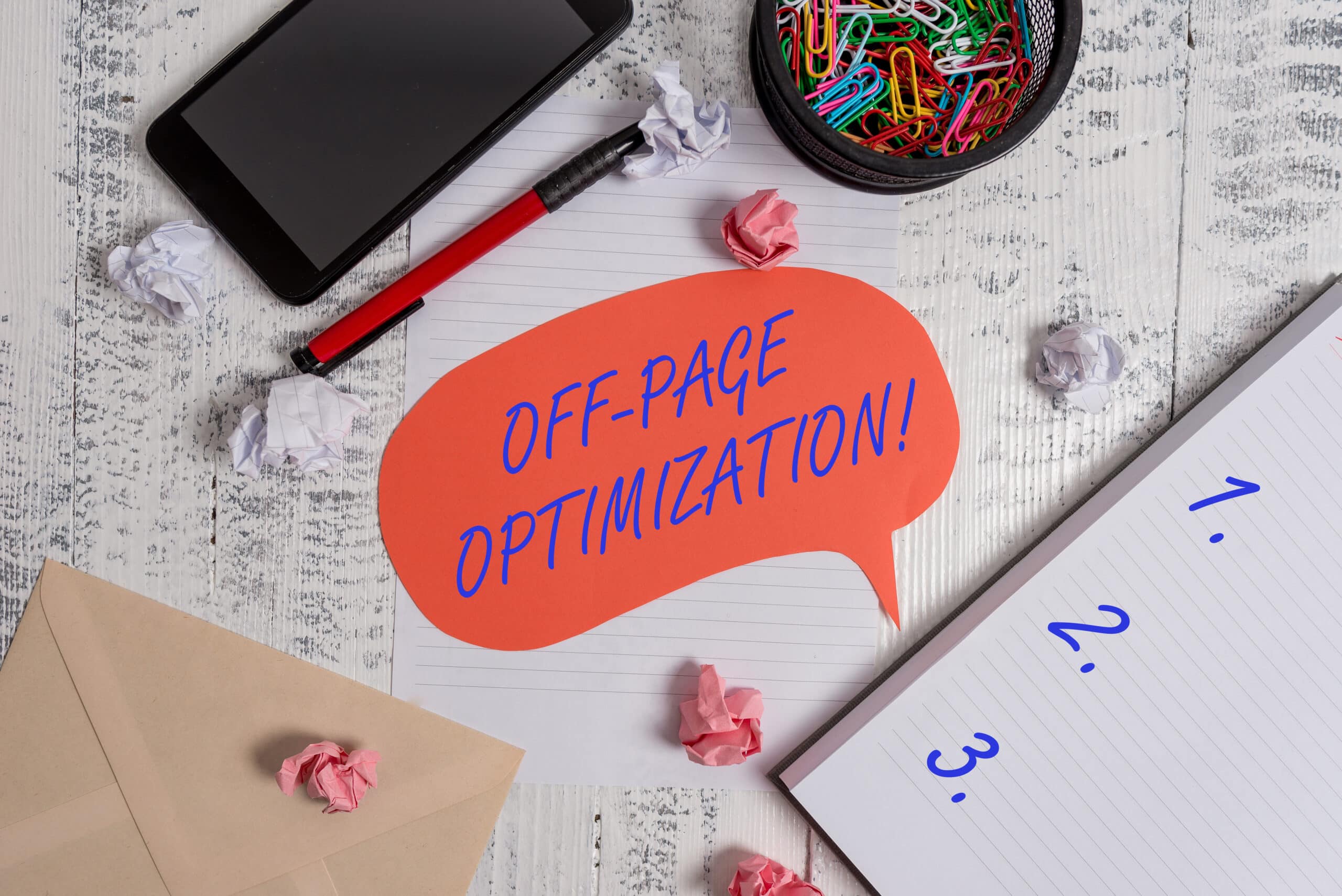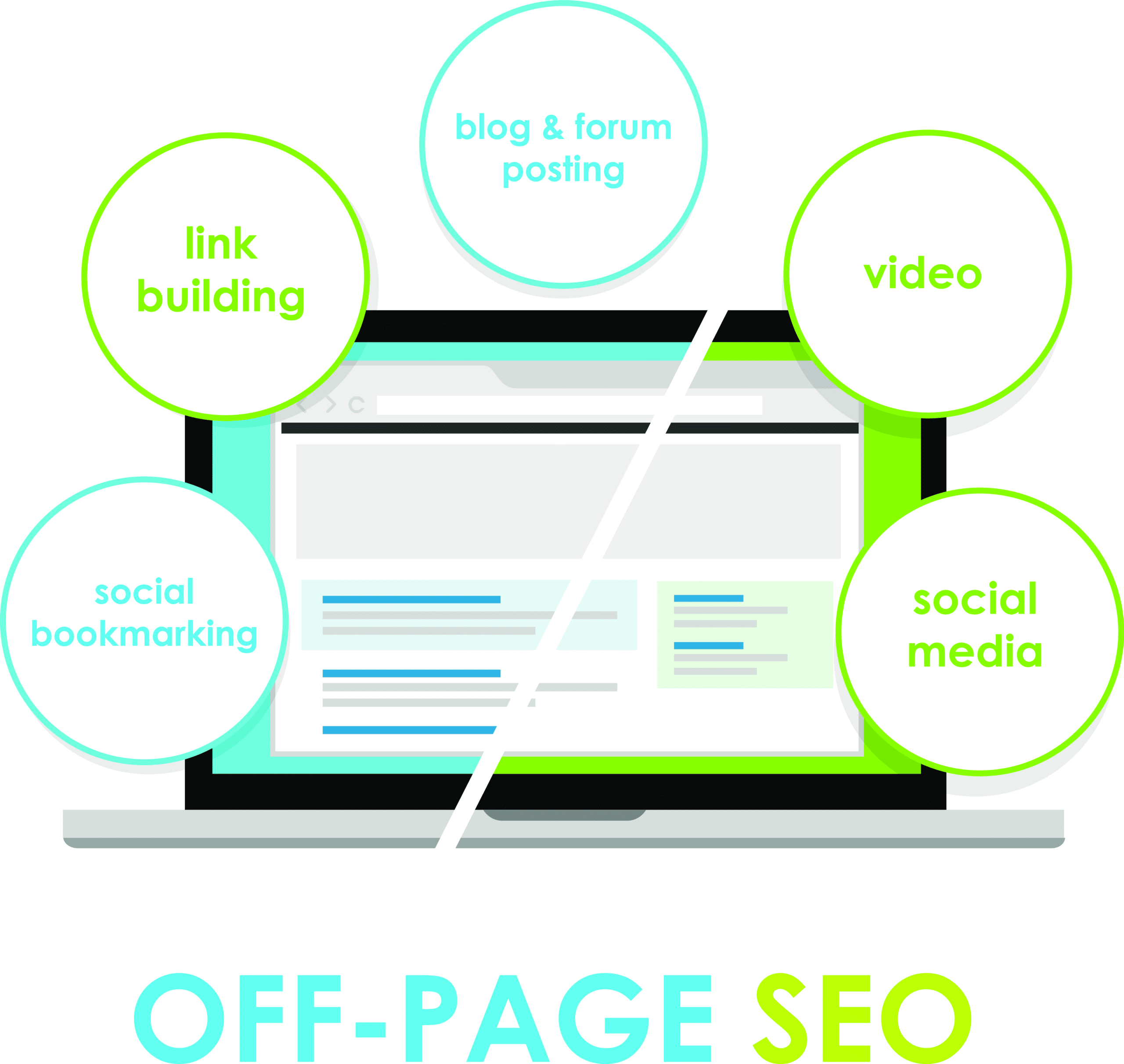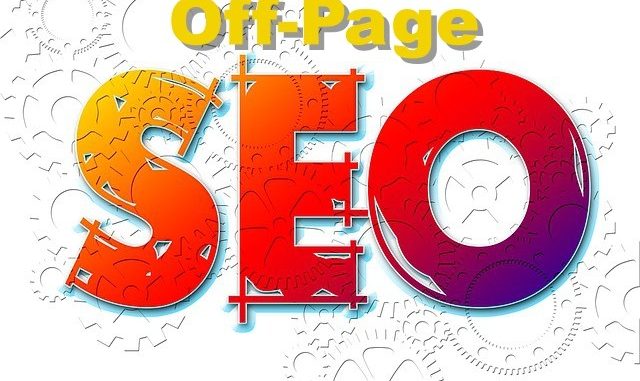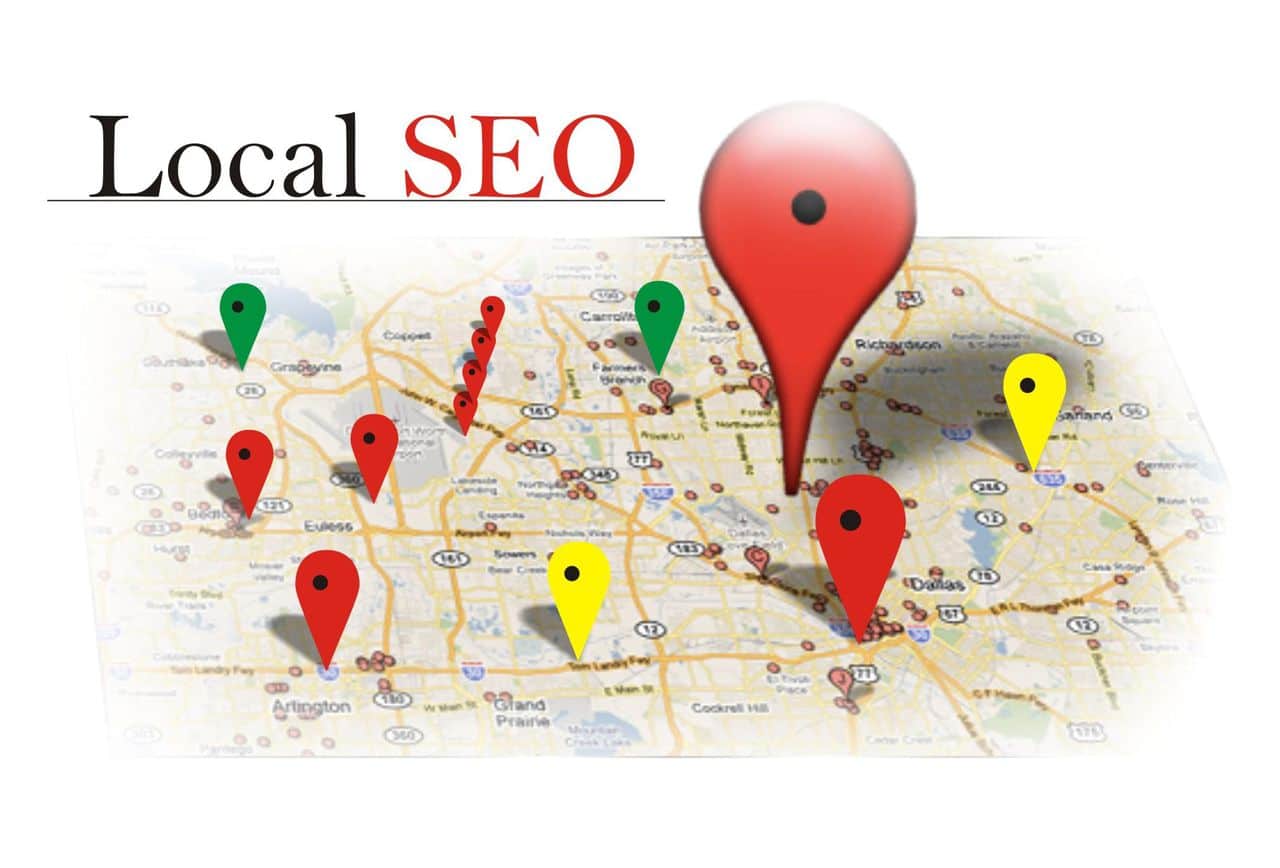Is your website struggling to rank on Google?
You’ve invested in creating a great website, but without proper search engine optimisation, it’s going unnoticed. Your target audience can’t find you and your competition is getting all the traffic and sales.
That’s where our technical SEO services come in. We provide expert analysis of your website’s technical components to optimise it for search engines, including crawlability, site structure, page speed, and more.
With our experise, we can help your website will rank higher on search engines and attract more traffic, resulting in increased sales and revenue.
Don’t let your website go unnoticed, contact us today for our technical SEO services!

We are specialists in what we do…
Our team are experts in what they do and we work with both local and national clients from across the UK. By utilising our expertise with Technical SEO, we have built long-lasting relationships with our clients that continue to provide an ongoing ROI.
Technical Search Engine Optimisation (SEO) refers to the process of optimising the infrastructure and underlying code of a website to help search engines like Google, Bing, and others more effectively crawl, understand, and index the site’s content. Unlike On-Site SEO, which focuses on optimising visible page content and meta tags for keywords, and Off-Page SEO which centers on building links and external signals, technical SEO concentrates on improving the technical aspects of a website to enhance its visibility in search engine results.
Key aspects of technical SEO include, but are not limited to, some of the following techniques:
Website Speed
Fast-loading pages improve user experience and are favored by search engines. Optimizing image sizes, leveraging browser caching, and reducing server response time are all critical steps in improving site speed.
Mobile Friendliness
With the rise of mobile browsing, having a mobile-friendly website is essential. Google’s mobile-first indexing prioritizes mobile versions of content for indexing and ranking.
Secure Sockets Layer (SSL)
Implementing SSL (HTTPS instead of HTTP) secures your site’s connections and is considered a ranking signal by Google.
Crawlability and Indexability
Search engines need to be able to crawl your site and index your pages. Using a [LINK] file to guide search engine crawlers and a sitemap can help ensure your content is found and indexed.
Canonical URLs
These help prevent duplicate content issues by specifying the canonical or preferred version of a web page, guiding search engines to index that version.
Structured Data Markup
Implementing schema markup can help search engines understand the content of your pages better, potentially leading to rich snippets in search results, which can improve click-through rates.
Website Architecture and Navigation
A well-structured website with a logical hierarchy and clear navigation helps both users and search engines find content more effectively.
404 Pages and Redirects
Properly handling broken links and ensuring that 301 redirects are in place when moving or deleting content helps maintain a good user experience and preserves link equity.
Improving a website’s technical SEO requires a blend of web development and SEO expertise. Regular audits are recommended to identify and fix technical issues that could be impeding a site’s search performance. Tools like Google Search Console, Screaming Frog SEO Spider, and others can help identify technical SEO problems and opportunities for improvement.
Let’s Get Started…
If you are serious about taking your marketing to the next level and want a results-driven partner to work on your digital marketing campaigns, hit the Get a Quote button & we’ll be in touch.
Alternatively, please call us on 0151 453 6580.
Struggling to rank higher on major search engines?
It can be frustrating to invest time and resources into creating content and building a website, only to see it buried on page 3 or beyond. It’s even more frustrating to see your competitors rank higher than you despite having similar content.
Our Technical SEO services provides a comprehensive analysis and optimisation of your website’s technical elements to improve search engine rankings. Our team of experts will work tirelessly to identify and fix issues with your website’s code, page speed, mobile-friendliness, and more.
With our Technical SEO services, you’ll have a powerful tool to help your website climb to the top of search engine results pages and stay there. Find out more today.
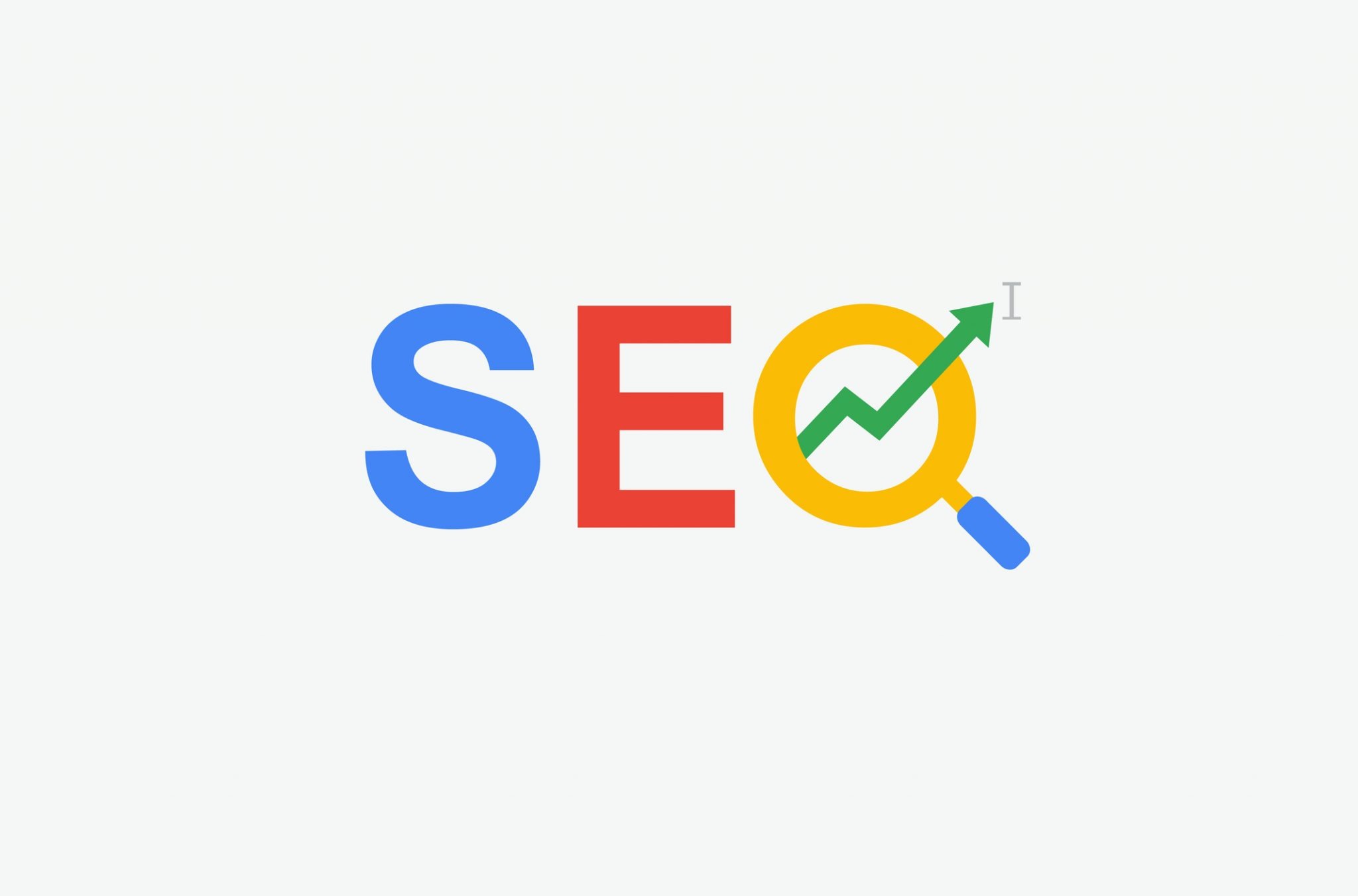
Read Our Latest Search Engine Optimisation Resources
Stay informed and up-to-date with all things related to Technical SEO and organic search in general, by visiting our online resource center. Our collection of informative articles is constantly being updated, so be sure to read, engage, and share them with your colleagues, friends, and peers.
Herd Marketing Online Resource Centre…
Our online resource centre offers a plethora of useful in-depth articles that provide hints and tips on all things digital marketing related. Read, share, comment and engage with us on these pages.
Search Engine Optimisation (SEO) – Frequently Asked Questions
What is Search Engine Optimisation (SEO)?
Search Engine Optimisation (SEO) is the practice of enhancing a website's visibility and ranking on search engine results pages. It involves employing various strategies and techniques that help a website appear higher on search results, increasing the quantity and quality of traffic. SEO can involve improving the site's content, usability, credibility, use of relevant keywords, and ensuring the site is well-designed, fast, and mobile-friendly. It's crucial for digital marketing as it makes a website easily discoverable by users searching for terms relevant to the website's industry or brand.
Why is SEO important for my business?
SEO (Search Engine Optimisation) is important for your business for several reasons:
1. Increased Visibility: SEO helps your business to rank higher in search engine results, making it more visible to potential customers. The higher your business ranks, the more likely people are to click on your website.
2. Greater Credibility: People tend to trust the websites that appear on the first page of search engine results. So, a higher ranking also increases your business's credibility.
3. Cost-effective Marketing: SEO is a cost-effective form of digital marketing. Unlike paid advertising, you do not need to pay for each click or impression. Once your website ranks high, it can stay there for a considerable period of time, continuously bringing in organic traffic.
4. Increased Web Traffic: SEO can help drive more traffic to your website. By using keywords that your potential customers are searching for, you can attract more relevant traffic - people who are more likely to be interested in your products or services.
5. Better User Experience: SEO involves making your website more user-friendly. This includes improving site speed, making it mobile-friendly, easy navigation, and adding useful content. This can improve user experience, making visitors more likely to stay longer and take desired actions.
6. Improved Conversion Rates: With more visibility and credibility, as well as a better user experience, you can enjoy increased conversion rates. Visitors are more likely to become customers when they can find your website easily, trust your brand, and navigate your website without difficulties.
How does SEO work?
Search Engine Optimisation (SEO) works by optimising website elements like keywords, content, site design, backlinks, etc. to increase the site's visibility for relevant searches. The better visibility your pages have in search results, the more likely you are to garner attention and attract prospective and existing customers to your business.
Here is a more detailed step by step:
1. Keyword Research: SEO starts with keyword research. The goal is to find out what keywords or phrases people are using to search for information related to your industry or business. These keywords need to be strategically placed in the website’s content, meta tags, and URLs.
2. On-Page SEO: This involves optimising the individual pages of the website for specific keywords. This includes using the keyword in the title, meta description, headers, and content of the page. On-page SEO also involves optimising images, using schema markup, and ensuring the page loads quickly.
3. Off-Page SEO: This refers to the actions taken outside of your website to impact your rankings within search engine results pages (SERPs). This is done by creating high-quality backlinks (links from other websites to your own). These can be obtained through guest blogging, influencer marketing, or social media marketing.
4. Technical SEO: This involves making the website easier for search engine bots to crawl and index. This includes creating a sitemap, using a [LINK] file to guide bots, improving site speed, optimising for mobile, and implementing secure sockets layer (SSL) to protect user information.
5. Local SEO: If you run a local business, you would also engage in local SEO. This involves creating a Google My Business profile, acquiring reviews, and optimising for local keywords.
6. Monitoring and Analysis: SEO involves constant monitoring and analysis to determine the effectiveness of your efforts and make necessary changes. This includes monitoring keyword rankings, organic traffic, bounce rate, conversion rate, etc. Tools like Google Analytics and Google Search Console can be used for this.
Search engines like Google, Bing, and Yahoo use complex algorithms to understand and rank pages appropriately in search results. But remember, these algorithms often evolve, so it’s important to adapt your SEO strategy as the industry changes.
How long does it take to see results from SEO?
Seeing results from SEO typically takes around 4-6 months. However, this can vary greatly depending on a number of factors such as the age of your website, the amount of content on it, your previous SEO efforts, and the competitiveness of your industry. Results should continue to improve over time. It's also important to note that SEO is an ongoing process and requires regular monitoring and adjustments.
How often should I update my website for SEO?
Regularly updating your website content is important for SEO. The exact frequency can depend on your business type and size, and how much new content you can realistically create. A common recommendation is to update your website at least once a week, but many experts advise more frequent updates, such as two or three times a week. Google appreciates fresh content, so frequent updates can lead to higher search engine rankings. Additionally, regularly updating your site can increase traffic, user engagement, and customer retention.
What are keywords and why are they important in SEO?
Keywords are words or phrases that people type into search engines when they are looking for specific information or answers. In terms of SEO (Search Engine Optimisation), keywords are used to help search engines understand what a particular webpage or website is all about, so it can accurately populate the results when a user conducts a search related to that keyword or keyword phrase.
They are important in SEO for several reasons:
1. Improved Search Rankings: When your content includes relevant keywords, search engines are more likely to rank your website higher on search engine results pages (SERPs).
2. Increased Web Traffic: As your website begins to appear more frequently in search results, more people will visit your website.
3. Higher Quality Traffic: If you use specific and relevant keywords, you're more likely to attract visitors who are interested in what you're offering.
4. Better User Experience: If your content contains relevant keywords, it will be more helpful to users who are looking for information related to those keywords.
5. Improved Conversion Rates: Relevant keywords can attract potential customers to your site. If they find what they are looking for, they are more likely to make a purchase.
Remember, though, the use of keywords should be balanced. Keyword stuffing, or the practice of overusing keywords in your content, can lead to penalties from search engines.
Contact Us
Fill in the form below and one of our team will contact you to find out more about your requirements. We aim to respond to your enquiry within 24 hours, excluding weekends and bank holidays.
Alternatively, please call us on 0151 453 6580 Monday – Friday 09.00 – 17.00.
